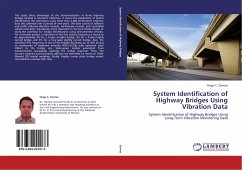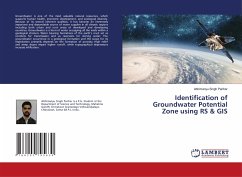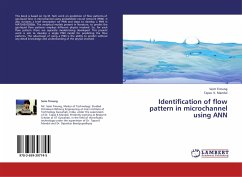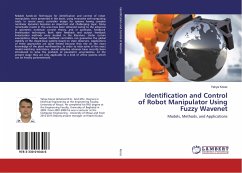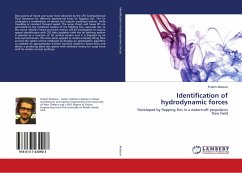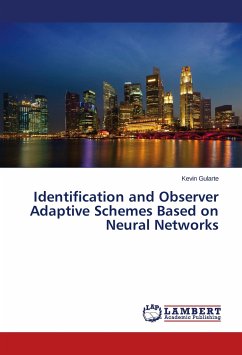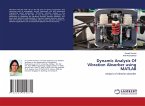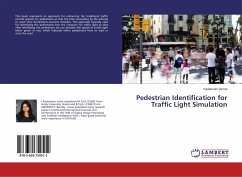This study takes advantage of the instrumentation of three highway bridges located in Southern California. It shows the application of system identification (SI) techniques using more than 2,000 acceleration response data sets collected over a period of nine years. The data consist of ambient and traffic induced vibration records, earthquake records, and controlled vehicles test data. Transducers were mounted on the test vehicle chassis to study the potential for bridge identification using instrumented vehicles. For a five-year period, a reduction of the first natural frequency is found to be approximately 2% for a 3-span straight bridge, 5% for a 3-span highly curved bridge and 3% for a four-span slightly curved bridge. Also, the identified first frequency of one of the bridges decreases up to 20% during an earthquake of moderate intensity (PGA=0.37g) with epicenter close (20km) to the bridge site. State-space models generated from measurements successfully replicate the bridgeresponse. Then, the Young s modulus and boundary stiffness are identified by means of Finite Element (FE) model updating. Finally, fragility curves show bridge seismic vulnerability increases with time.
Bitte wählen Sie Ihr Anliegen aus.
Rechnungen
Retourenschein anfordern
Bestellstatus
Storno

